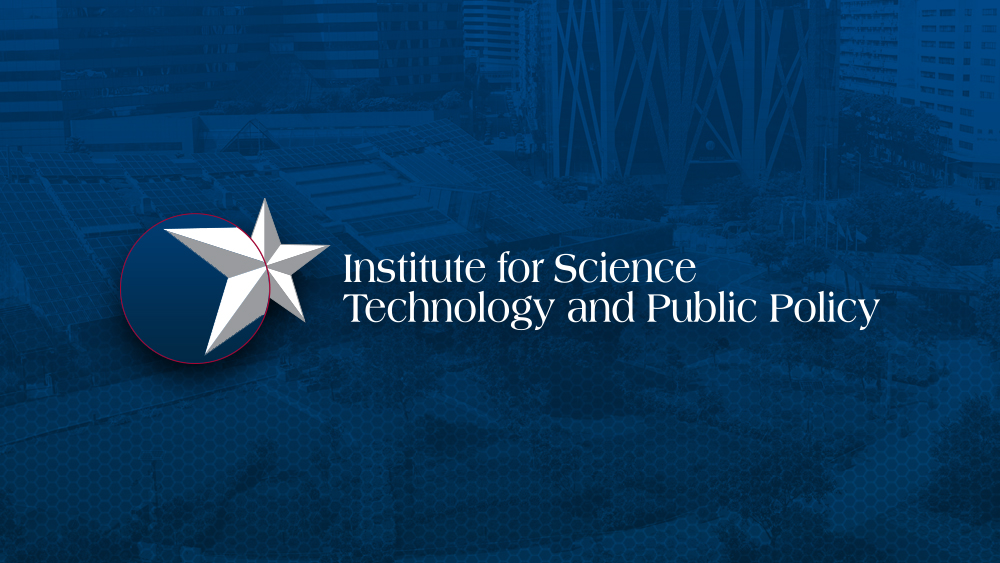
Researchers from Texas A&M’s Bush School of Government and Public Service and Institute for Science, Technology, and Public Policy (ISTPP) have joined an interdisciplinary, multi-institutional research team led by Texas OneGulf of Texas A&M Corpus Christi. The Texas OneGulf team has received a $470,000 grant from the Texas Commission on Environmental Quality to 1) examine critical gaps in mitigation planning processes and resource allocation decisions among the Coastal Bend communities affected by Hurricane Harvey and 2) identify a framework to reduce these gaps and improve these decisions to strengthen community resilience to future natural disasters.
As co-principal investigator, Dr. Arnold Vedlitz, Bush School Professor, will lead the portion of the study that will assess how decision making across a variety of organizations influences how communities respond to disaster. As Vedlitz points out, ““There are many important stakeholders and stakeholder groups that will affect, and be affected by, decisions made on future actions and resource allocations committed to Coastal Bend resilience and recovery from past and future storm events. This study will help the community and decision makers better understand the variety of approaches that might be considered as the community searches for an effective, shared way forward.”
To do this, ISTPP researchers Dr. Brcye Hannibal and Ms. Carol Goldsmith and Dr. Kirby Goidel, Director of the Texas A&M Public Policy Research Institute, and his research staff will survey stakeholder organizations from the eleven counties associated with the Coastal Bend area. Relevant stakeholders include representatives of government, business, and industry; health providers; advocacy groups; and nonprofit organizations. The team will design the survey instrument to collect original data that can be used to assess the importance of individual and group decisions and the organizational networks relevant for problem identification, planning, policymaking, and resource allocations. “A specific focus of our survey will be to assess the ways in which these decisions and networks affect and include, or exclude, the more vulnerable members of the Coastal Bend communities,” notes Goldsmith.
Ultimately, this data will provide vital information for the team to utilize to build a framework and recommendations for decision makers on actions they can take to help communities become more resilient. Where appropriate, the framework will emphasize strengthening and expanding networks as a way to leverage resources and expertise for enhancing their community resilience. “By asking organizations who they collaborate with, how often, and on which types of resilience efforts, we can identify and visualize the collaboration structure of the network,” explains Hannibal. “This will enable us not only to pinpoint where networks are strong or weak but also to examine the impact that network collaborations may have on aspects of resilience-building efforts.”

